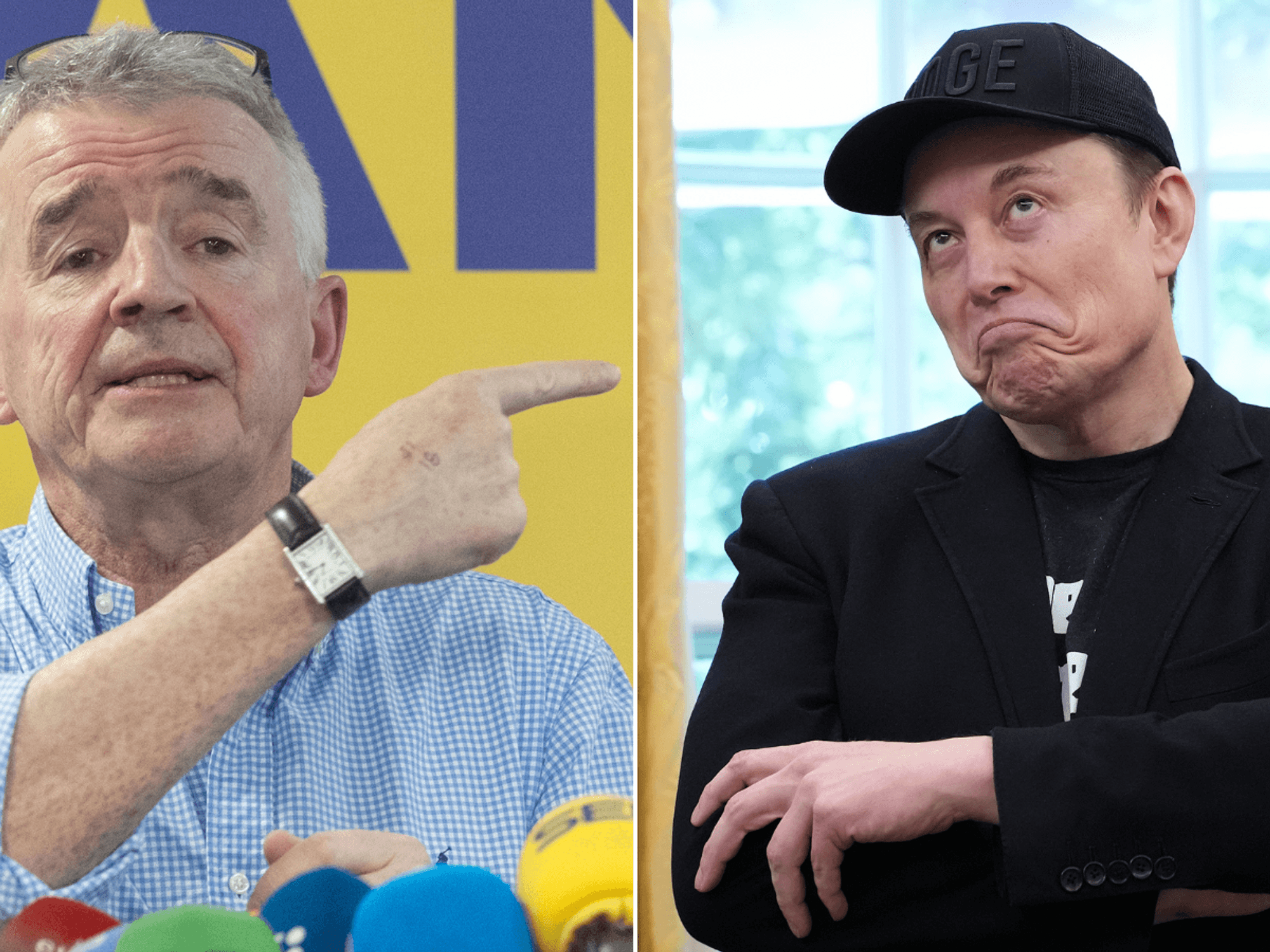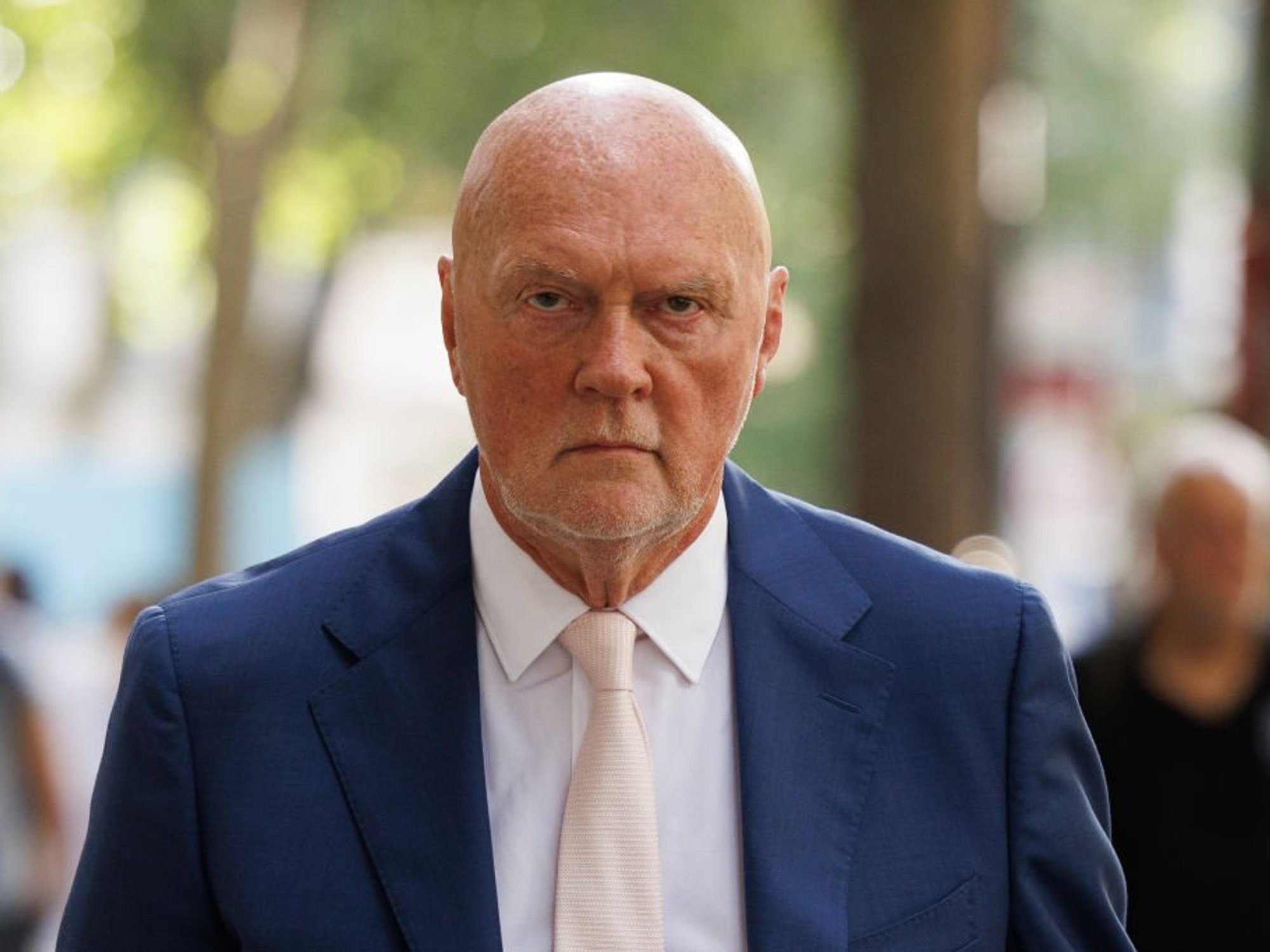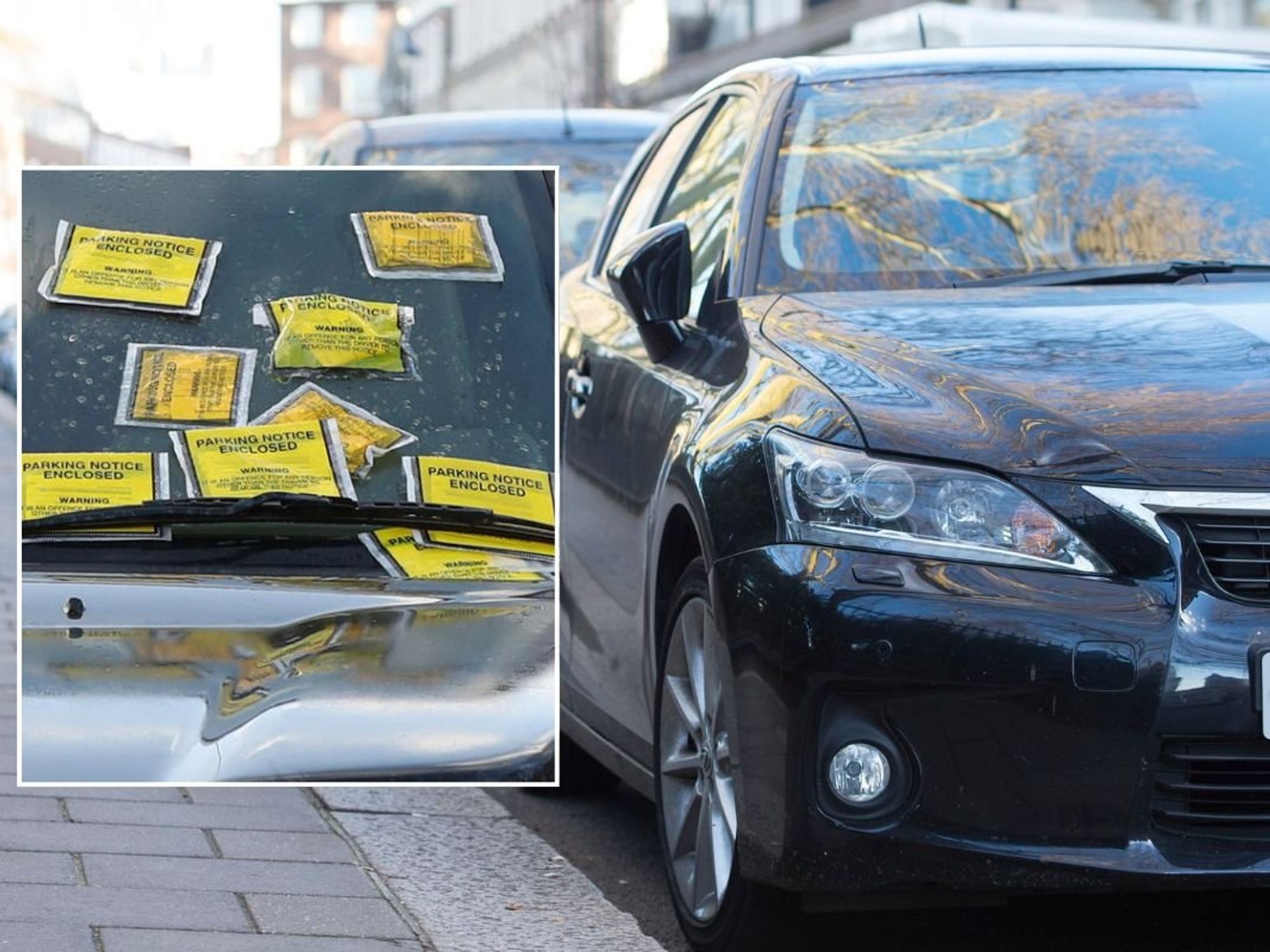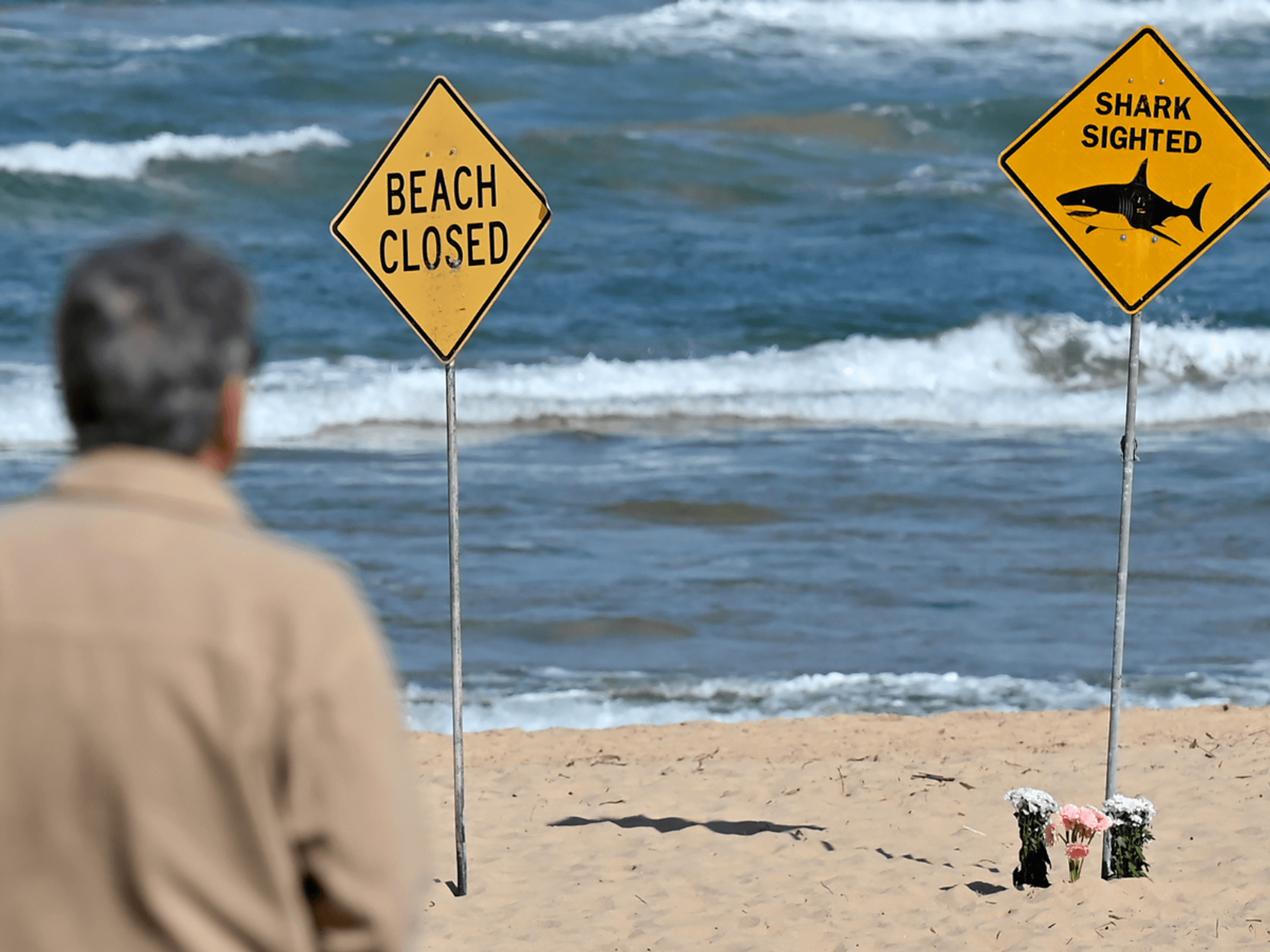Southport awakened a volcano dormant for decades. It is still active and primed to erupt - Paul Embery
The status quo cannot hold
Don't Miss
Most Read
Trending on GB News
When, one year ago, Sir Keir Starmer stood in front of a lectern and told the world that the unrest that had swept Britain in the hours and days after the Southport massacre had been orchestrated by the ‘far right’, he may well have believed it.
Because, for the prime minister, a man who had spent most of his life residing in fashionable London districts and operating in the exalted circles of law and politics, there could be no other explanation for why any citizen would vent their fury in the way that thousands did.
From his vantage point, Britain was – notwithstanding the usual problems that beset most advanced economies – a relatively calm and harmonious place, an exemplar of a successful multicultural society. And hadn’t voters just elected him with a massive majority?
So it was obvious. This was a mob of racists and bigots attempting to stir up hatred. Nothing more.
Starmer’s misdiagnosis was profound. While some protestors were undeniably linked to far-right organisations, most had no such connection.
The majority who demonstrated were driven not by any attachment to ‘blood and soil’ but by their anger at the appalling events in Southport and, more widely, a swelling resentment at what was happening to their communities and country.
Some, as we know, wrongly resorted to violence and seemed to enjoy the havoc they had caused.
But most protestors were motivated by legitimate concerns over economic insecurity, a broken immigration and asylum system, the social disintegration occurring around them, and the increasing lawlessness on their streets.
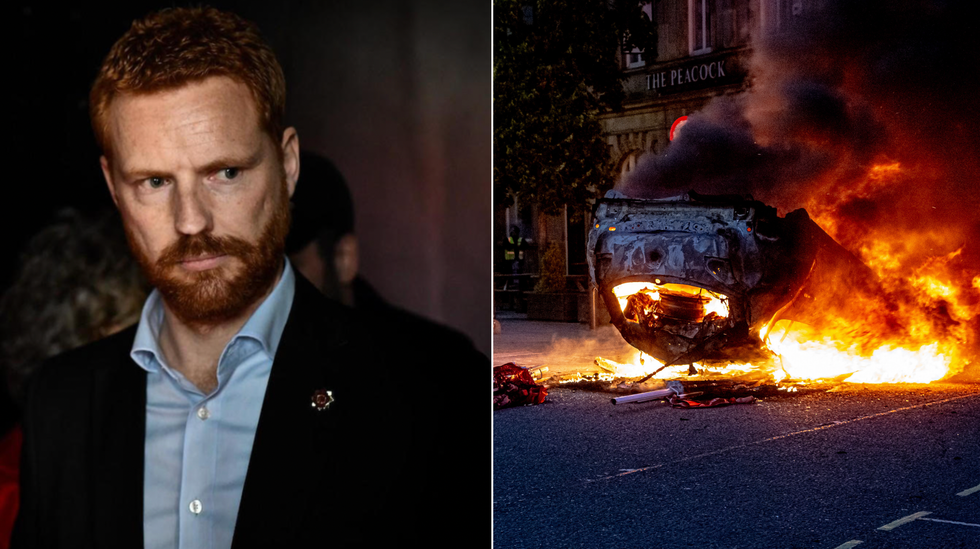
Southport awakened a volcano dormant for decades. It is still active and ready to erupt - Paul Embery
|Getty Images
It wasn’t a coincidence that so many protests took place in towns which had experienced only the downsides of globalisation.
The protesters were also angry at a tin-eared political establishment which had persistently downplayed all these concerns and displayed a sneering contempt towards anyone who wasn’t fully signed up to the creed of cosmopolitan liberalism that had come to dominate the upper echelons of public life.
Anyone who didn’t see the blowback coming simply wasn’t looking closely enough. Southport may have proved the catalyst, but the tensions had been building long before it.
A few days after the disorder had petered out, I took part in a television debate. One of my opponents, some haughty professor of geopolitics, went even further than Starmer, arguing that the unrest had erupted because Britain itself had ‘mainstreamed’ far-right discourse.
The claim was, as I told him, arrant nonsense. Our nation was one of the most tolerant on the planet.
The suggestion that the grievances being aired across our discontented towns were attributable to sentiments rooted in the philosophies of fascism and Naziism, rather than a reaction to people’s own material conditions and their fears for the future of their country, was for the birds.
The professor’s claim demonstrated the extent to which elements of the elites simply did not understand the lives of so many of their compatriots and were determined to strip the term ‘far right’ of all meaning.
Twelve months on, and the grievances are, if anything, even more pronounced. All around us, we see a country in decline – the economy flatlining, public services failing, infrastructure crumbling, borders going unprotected, and social solidarity and cohesion eroding.
A country in which the police have effectively withdrawn from the streets, and fare evaders, shoplifters and street robbers commit their crimes with impunity.
We also observe daily the growing phenomenon of asymmetrical multiculturalism, whereby the majority culture is increasingly de-emphasised while others are celebrated with great gusto.
At the same time, our political, cultural and corporate institutions are infused with the ideology of radical progressivism, setting them ever further apart from the mainstream majority.
The state is failing in its most basic functions, and voters know it. That the Southport killer, Axel Rudakubana, had appeared on the radar of numerous state agencies but was still at liberty to commit such a heinous crime is testament to that truth.
What happened on our streets in the hours and days after Southport was a wake-up call. But many among our political elites slept through it.
And they continue to slumber on, even though the issues and concerns which gave rise to the events of those tempestuous few days remain very much alive in our disaffected communities.
The status quo cannot hold.
More From GB News








